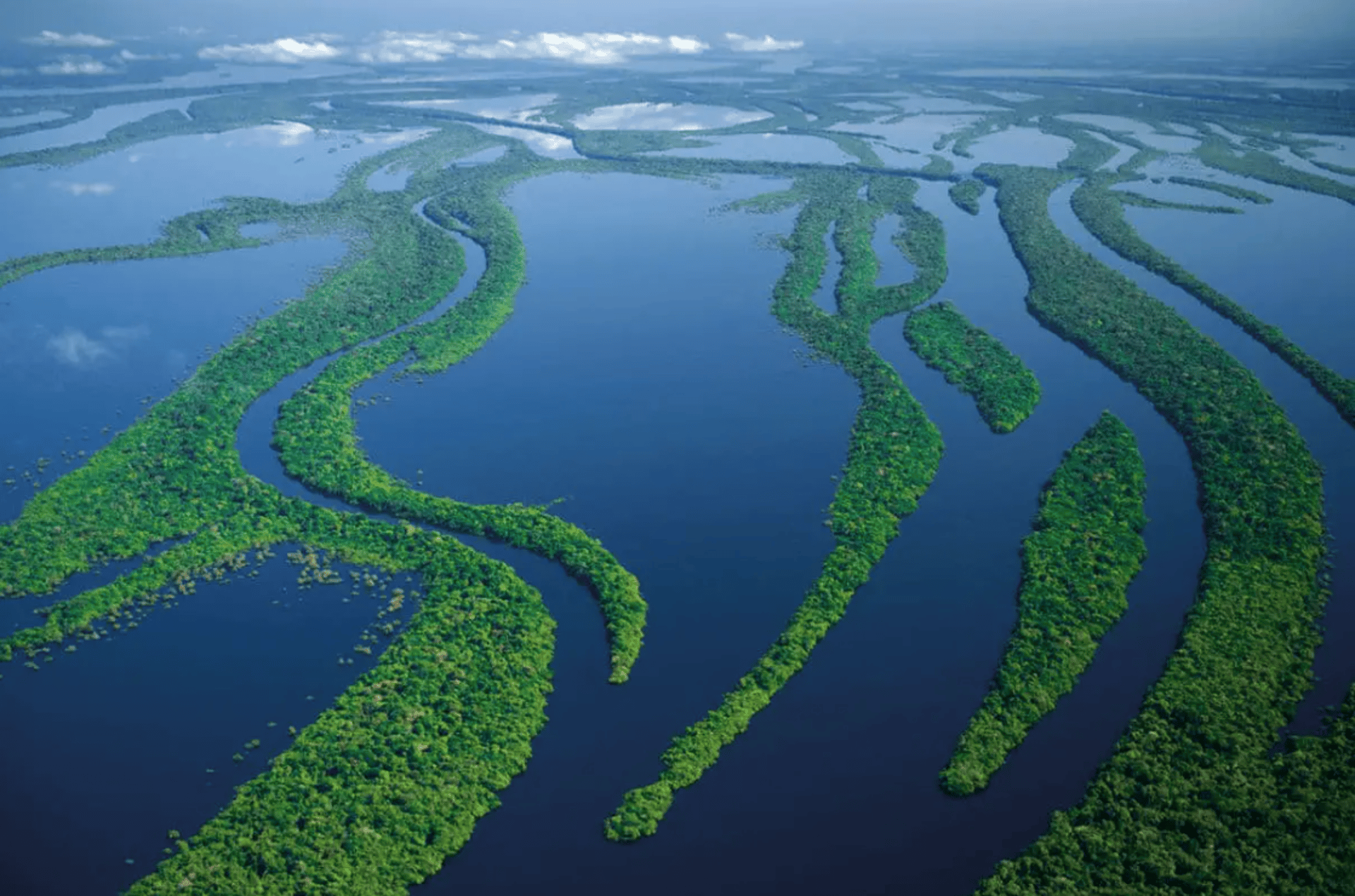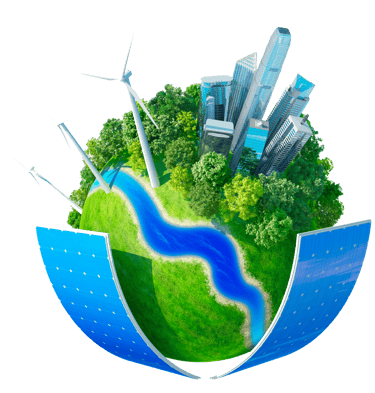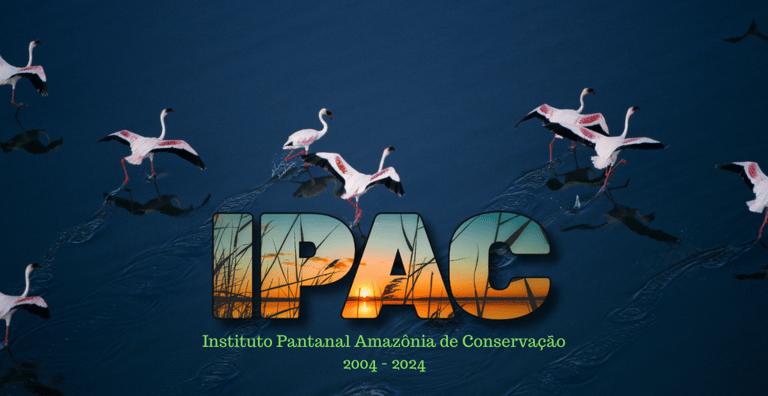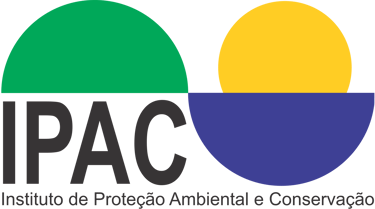TANGARÁ DA SERRA-MT . BRASIL 55 65 99987-8717 IPactangara@GMAIL.COM

History of IPAC
Who we are
The Institute for Environmental Preservation and Conservation (IPAC) is a non-profit organization founded on June 25, 2004, in a meeting held at the State University of Mato Grosso (UNEMAT) (Tangara da Serra Campus) by a multidisciplinary group of professionals, including lawyers, administrators, biologists, agricultural engineers and others, professors and technicians, with the purpose of developing actions aimed at environmental protection, preservation and recovery, as well as cultural and volunteer promotion activities.
Since 2006, IPAC has participated in collegiate bodies such as the State Water Resources Council, the Sepotuba River Basin Committee and the Municipal Environmental Council.
It has also developed and implemented projects for the preservation and recovery of water resources, rural sanitation (bioseptic tanks), support for family farmers and the PCI (Produce, Conserve and Include);
Developed surveys and assessments of water quality in the Pantanal Springs Arch region; Participated in National Water Resources Plan Review Workshops (2009 and 2010); Organized expeditions on the Sepotuba River to assess the levels of degradation of that body of water; IPAC was declared a Municipal Public Utility entity of Tangara da Serra-MT, through Ordinary Law No. 5,327, of June 30, 2020;
Area of activity
Mato Grosso State - BR
Main Objectives
Defense, recovery, compliance with legislation, preservation and conservation of the environment and promotion of sustainable development;
Promotion of culture, defense and conservation of historical and artistic heritage;
Promotion of education;
Promotion of volunteering;
Promotion of indigenous peoples and traditional communities;
Promotion of economic and social development and combating poverty;
Non-profit experimentation of new socio-productive models and alternative systems of production, trade, employment and credit;
Preparation of projects, studies and research, development of alternative technologies, production and dissemination of information and technical and scientific knowledge related to the activities mentioned in the previous items.
Services provided
Survey of the situation of the headwaters of the Sepotuba, Juba and Jauru Rivers, with support from WWF-Brazil (2005);
Organization of the SEPOTUBA II EXPEDITION. Partnership with SEMA/MT, WWF-Brazil and TV Centro América (2010);
Development of a project financed by the Global Environment Facility/Small Grants Programme (GEF/SGP) – “Training of Settlers of the Antônio Conselheiro Settlement for the Production of Orchid and Heliconia Seedlings with a Focus on Environmental Conservation and Sustainability” (2006)
Conducting a Survey of the Situation of the Headwaters of the Main Rivers of the Pantanal Headwaters Arc (Cabaçal River, Jauru River, Juba River, Formoso River, Branco River, Bugres River, Sepotuba River, Paraguay River, Cuiabá River, Manso River and São Lourenço River), with support from WWF-Brazil (2007);
Preparation of the Analysis on Stakeholders in the Headwaters Arc of the Pantanal Hydrographic Basin for WWF-Brazil (2007);
Participation in the Preparatory Meeting for the National Water Resources Plan Review Workshops – MMA/SRH – Brasília -DF, 2009;
Participation in the National Water Resources Plan Review Workshop – Paraguay Basin-Cuiabá-MT, 2010;
Participation in the National Water Resources Plan Review Workshop – Amazon Basin – Rio Branco - AC (2010);
Participation in the Final Review Workshop of the National Water Resources Plan – Fortaleza-CE (2010);
Organization of the SEPOTUBA III EXPEDITION, in partnership with SEMA/MT, Environmental Police and UNEMAT (2010);
Full member of the State Water Resources Council-CEHIDRO, from 2006 to 2019. He was a member of the Technical Chambers for Monitoring the State Water Resources Plan, Dams and Participatory Management;
Participation in the creation of the Sepotuba River Basin Committee-CBH Sepotuba and president between 2010 and 2014;
Participation in the National Meetings of River Basin Committees (ENCOB) in Fortaleza-CE (2010), in Cuiabá - MT (2012), in Porto Alegre - RS (2013), with presentation of papers and motions:
Fortaleza-CE, 2010: Lecture on the Importance of the Sepotuba River Basin in the Formation of the Pantanal;
Cuiabá - MT, 2012: Motion on the creation of the Pact in Defense of the Headwaters of the Pantanal (approved);
Porto Alegre -RS, 2013 – Lecture on the Biodigester Septic Tank Project in the area of the Pact in Defense of the Headwaters of the Pantanal, with resources from WWF-Brazil;
Coordination of the Water Quality Assessment Work of the Jauru, Cabaçal, Sepotuba and Paraguai rivers, for the Pact in Defense of the Pantanal Headwaters (WWF-Brazil, 2013);
Coordination of the Project for Cultivating Quality of Life in Rural Areas in the Pantanal Headwaters (WWF-Brazil/HSBC, 2014). Installation of 40 bioseptic tanks;
Execution of the PSA/Queima-Pé Project (WWF-Brazil, 2014 and 2015);
Participation in the Water Producer Project – PSA Queima-Pé (Tangará da Serra)
Participation in the Implementation of the Pact in Defense of the Pantanal Headwaters;
Participation, at the invitation of Itaipu Binacional, in the Annual Meeting of the Cultivating Good Water Program and the Ibero-American Meeting on Sustainability, held in Foz do Iguaçu - PR;
Preparation and Implementation of the Cultivating Sustainable Life Project – IDH Holanda/CAT Sorriso – 2019/2020/2021;
Implementation of the Environmental Quality Diagnosis of the Lira River Basin – Sorriso - MT – Municipal Government of Sorriso (2020);
Implementation of the Water Production Project in the Lira River Basin (installation of vertical drains) – Sorriso - MT. CAT Sorriso/Mosaic Fertilizantes – Support: Municipal Government and IFMT (2020/2021);
Beneficiary public
The work developed by IPAC is focused on the community and the common good
Customer service capacity
IPAC's membership includes professionals from various areas, such as: social action, administration, agronomy, biology, law, geology, technical drawing and agricultural technicians. Several professionals have postgraduate degrees at master's and doctorate level, including in Water Resources;
Work methodology
IPAC's work is carried out in teams, according to the needs of each situation. In general, field surveys are carried out and, based on the data collected, a Diagnostic Report is prepared, with thematic maps and a description of each situation raised, as well as photographic records. This process involves a field agronomist, a field assistant, a technical designer and a coordinating agronomist, who has a master's degree in water resources.


Institute for environmental preservation and conservation
We defend environmental and cultural preservation.
CONTACT
contato@ipac.org.br
55 65 99987-8717




